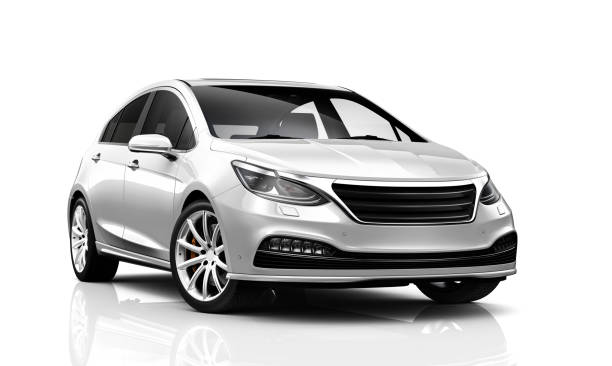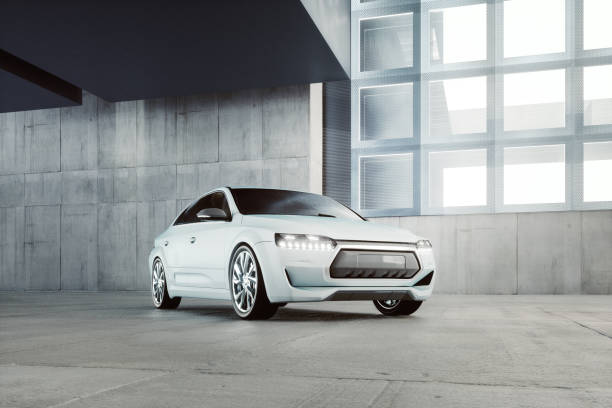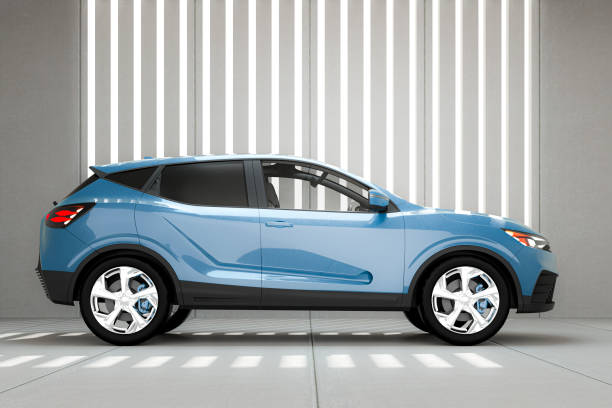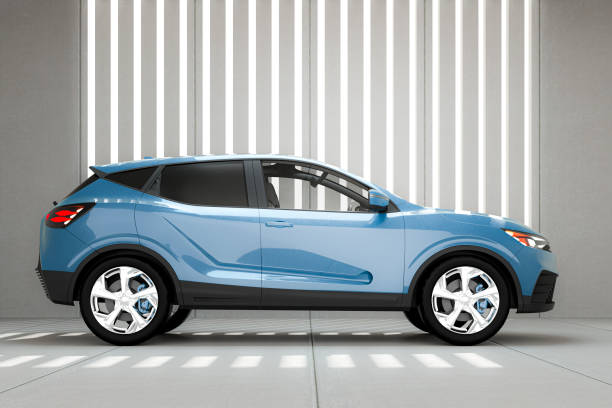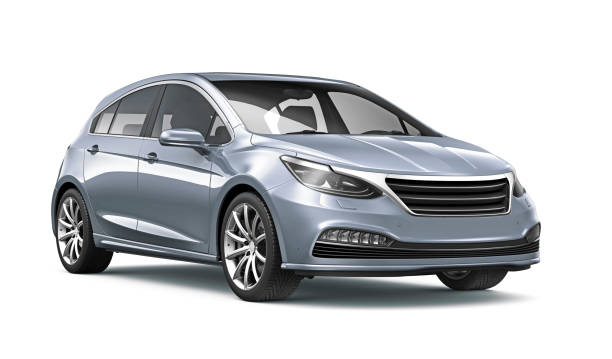Electric vs. Gasoline: The Future of Automotive Power
The automotive industry is undergoing a massive transformation as the world shifts toward sustainable energy. For over a century, gasoline-powered vehicles have dominated the roads, but electric vehicles (EVs) are rapidly gaining ground. The debate between electric and gasoline power is more than just about fuel—it’s about efficiency, environmental impact, cost, and the future of transportation.
1. Environmental Impact
Electric Vehicles (EVs):
EVs produce zero tailpipe emissions, significantly reducing air pollution in urban areas. When powered by renewable energy sources like wind or solar, their carbon footprint is minimal. However, battery production (especially lithium-ion) involves mining rare earth metals, which has environmental and ethical concerns.
Gasoline Vehicles:
Internal combustion engines (ICE) emit carbon dioxide (CO₂), nitrogen oxides (NOₓ), and particulate matter, contributing to climate change and respiratory diseases. While modern engines are cleaner than ever, they still rely on finite fossil fuels.
Verdict: EVs are the clear winner for long-term sustainability, but battery recycling and cleaner production methods need improvement.
2. Performance and Efficiency
Electric Vehicles:
-
Instant torque provides quick acceleration.
-
Fewer moving parts mean lower maintenance costs (no oil changes, fewer breakdowns).
-
Energy efficiency is over 77%, compared to gasoline engines (20-30%).
Gasoline Vehicles:
-
Longer driving range (500+ miles on a full tank vs. 200-400 miles for most EVs).
-
Faster refueling (5 minutes vs. 30+ minutes for fast-charging EVs).
-
Better performance in extreme cold (EV batteries lose efficiency in low temperatures).
Verdict: EVs excel in efficiency and maintenance, but gasoline still leads in range and refueling speed.
3. Cost Comparison
Upfront Cost:
EVs are generally more expensive due to battery costs, but prices are dropping as technology improves. Government incentives can offset some of this cost.
Operating Cost:
-
Electricity is cheaper than gasoline per mile.
-
EVs require less maintenance (no spark plugs, exhaust systems, or oil changes).
Fueling Infrastructure:
Gas stations are everywhere, but EV charging networks are expanding rapidly. Home charging is convenient but requires installation costs.
Verdict: EVs save money long-term, but initial costs and charging accessibility remain hurdles.
4. The Future of Automotive Power
The shift toward electric vehicles is inevitable, with governments setting bans on new gasoline cars (e.g., EU by 2035, California by 2035). Automakers like Tesla, BMW, and Ford are investing heavily in EVs, while improving battery technology (solid-state batteries could be a game-changer).
However, gasoline vehicles won’t disappear overnight. Hybrids and synthetic fuels may bridge the gap, especially in regions with poor charging infrastructure.
Conclusion: Which is Better?
-
For the environment? EVs win.
-
For performance? Depends—EVs accelerate faster, but gasoline cars have longer range.
-
For cost? EVs save money over time but have higher upfront costs.
The future is electric, but gasoline will remain relevant for years to come. As battery tech improves and charging networks expand, EVs will likely dominate—ushering in a cleaner, more efficient era of transportation.
